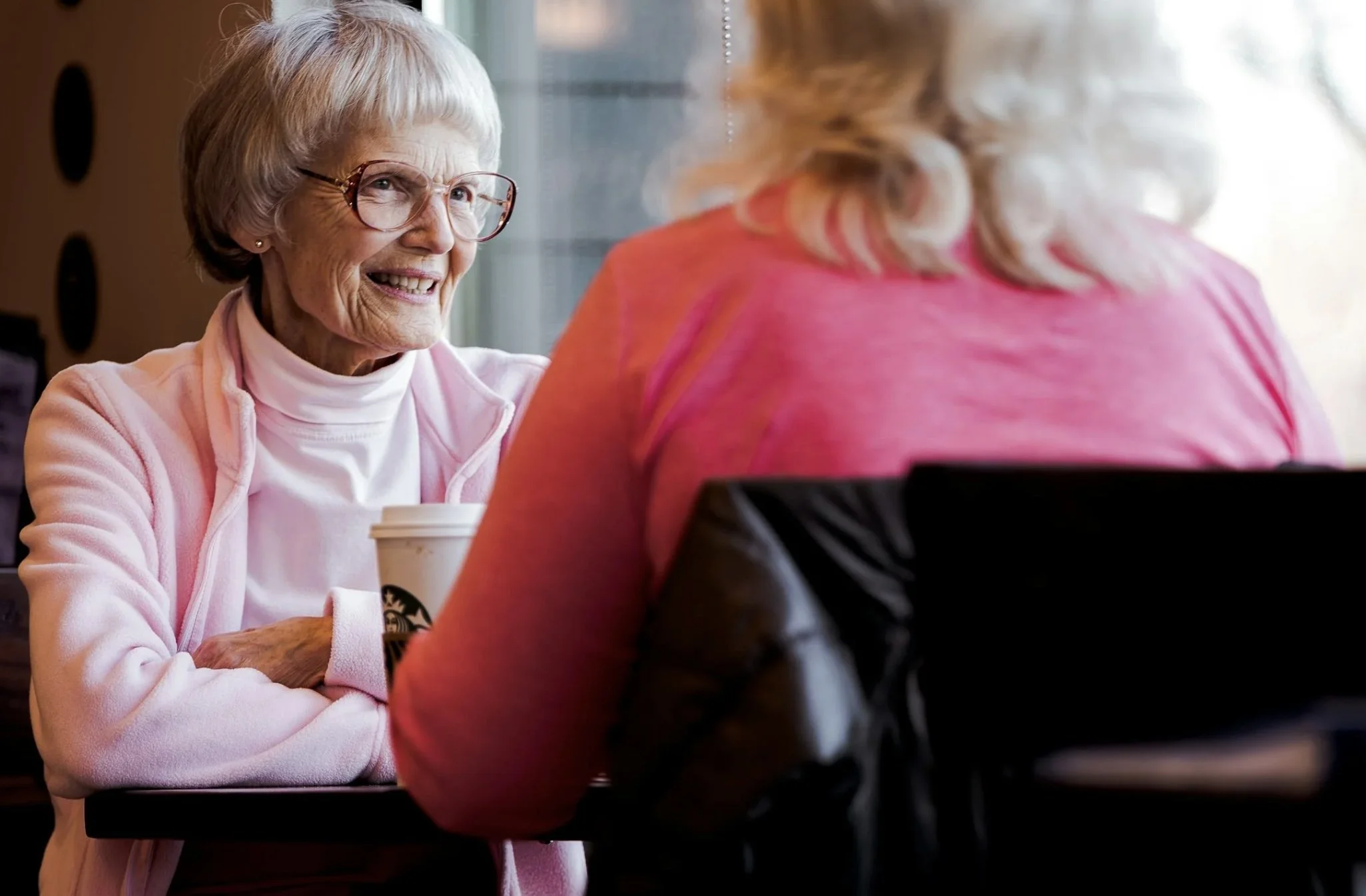Listening at the Bedside: The First Skill Every Nurse Must Master
Technical skills are essential in nursing. We spend countless hours learning to measure, assess, chart, and perform procedures. Yet in every clinical experience so far, one truth has stood out: the most powerful skill I bring to the bedside is not technical—it’s listening.
Patients want to be heard. Sometimes that means describing pain in their own words; other times it’s voicing fears about recovery or asking questions that seem minor but carry real significance for them. When I listen without rushing, I gather more accurate information and, just as importantly, I show respect.
Listening is also a matter of safety. A patient who hesitates before taking medication may be signaling uncertainty, discomfort, or concern about the dose. Pausing to hear them can prevent an error.
What I’ve come to understand, though, is that patients are not passive observers in their care. They are active participants. They are informed, aware, and often knowledgeable about their own conditions. They watch and listen to everything the healthcare team does. When nurses dismiss questions or overlook concerns, patients notice. When we engage them—by explaining, validating, and inviting their perspective—we create a partnership that improves care.
This partnership builds trust. Patients become more open, families feel included, and collaboration with colleagues flows more smoothly when everyone’s voice is valued. Listening is what allows nurses to bridge the science of medicine with the human experience of illness.
As I continue my program, I know I will gain more technical expertise and knowledge. But I remind myself that even the best interventions begin with understanding the patient’s perspective. That starts with presence, attention, and the willingness to listen—fully and without interruption.
Because in nursing, listening is not just a courtesy. It is care itself.

